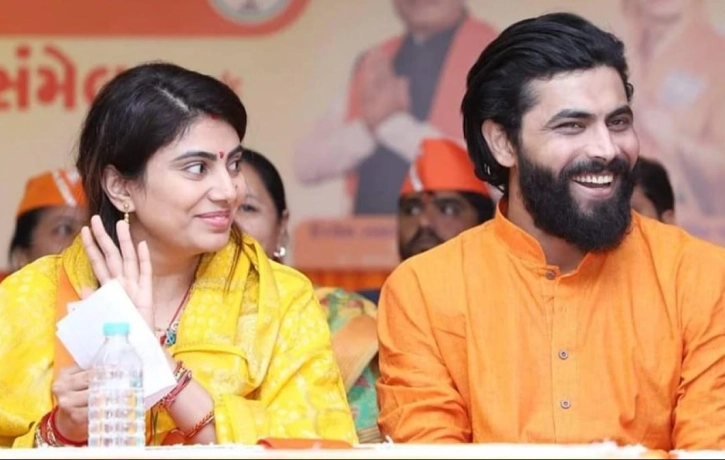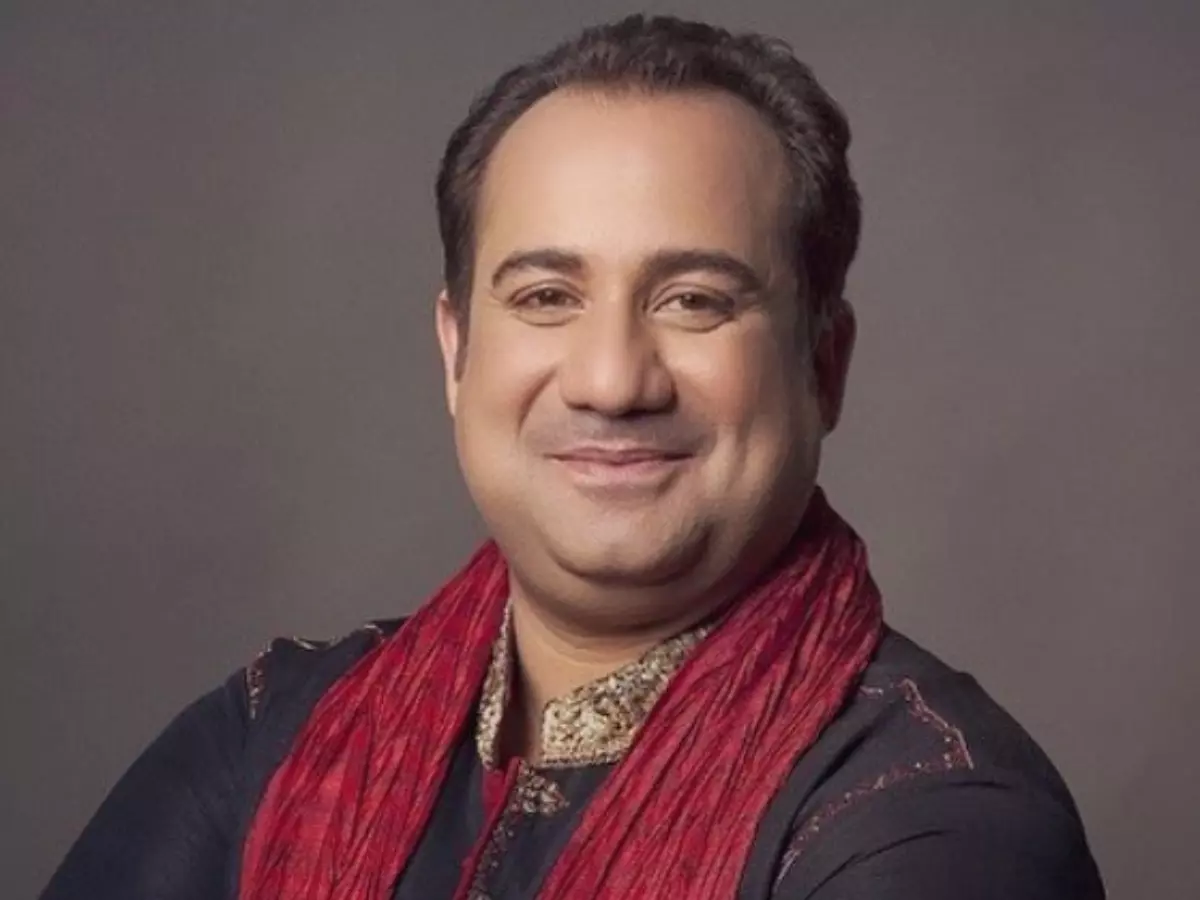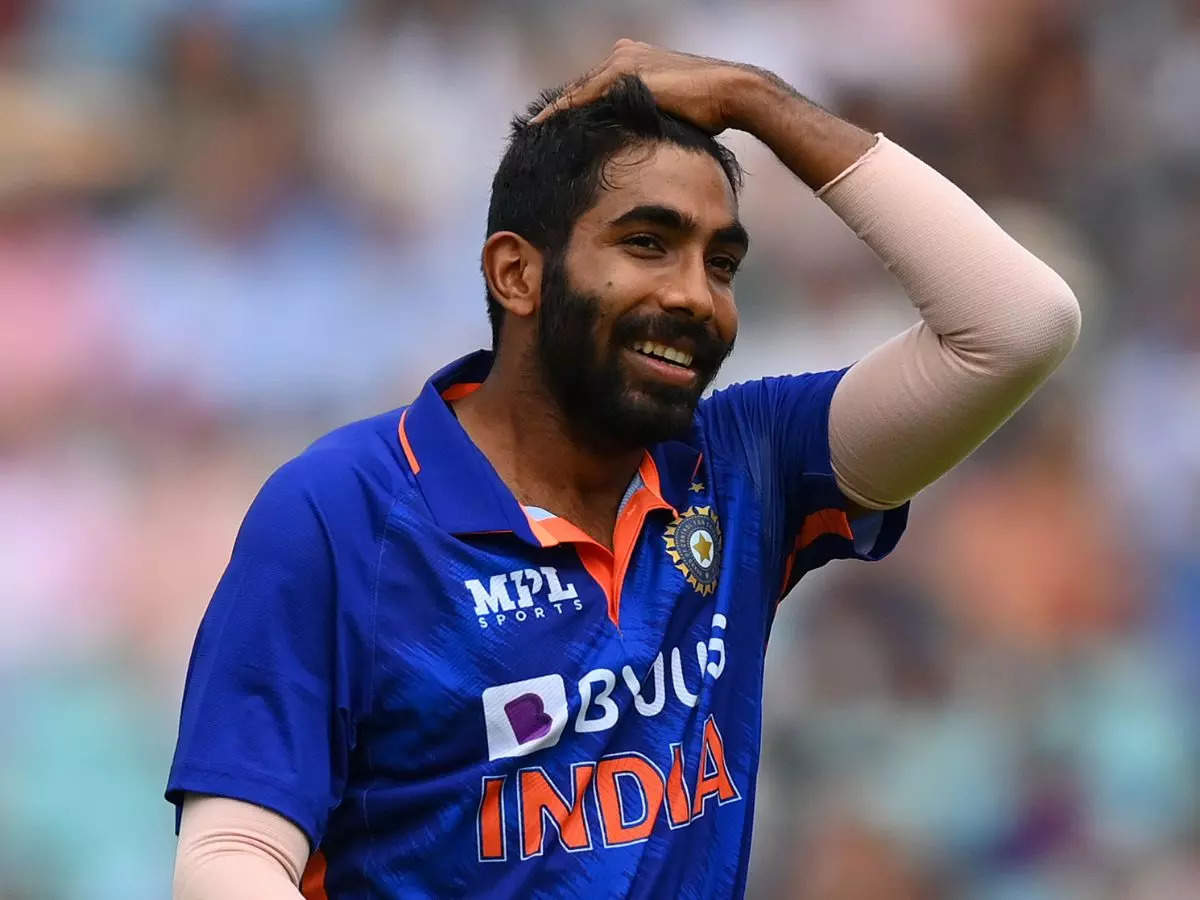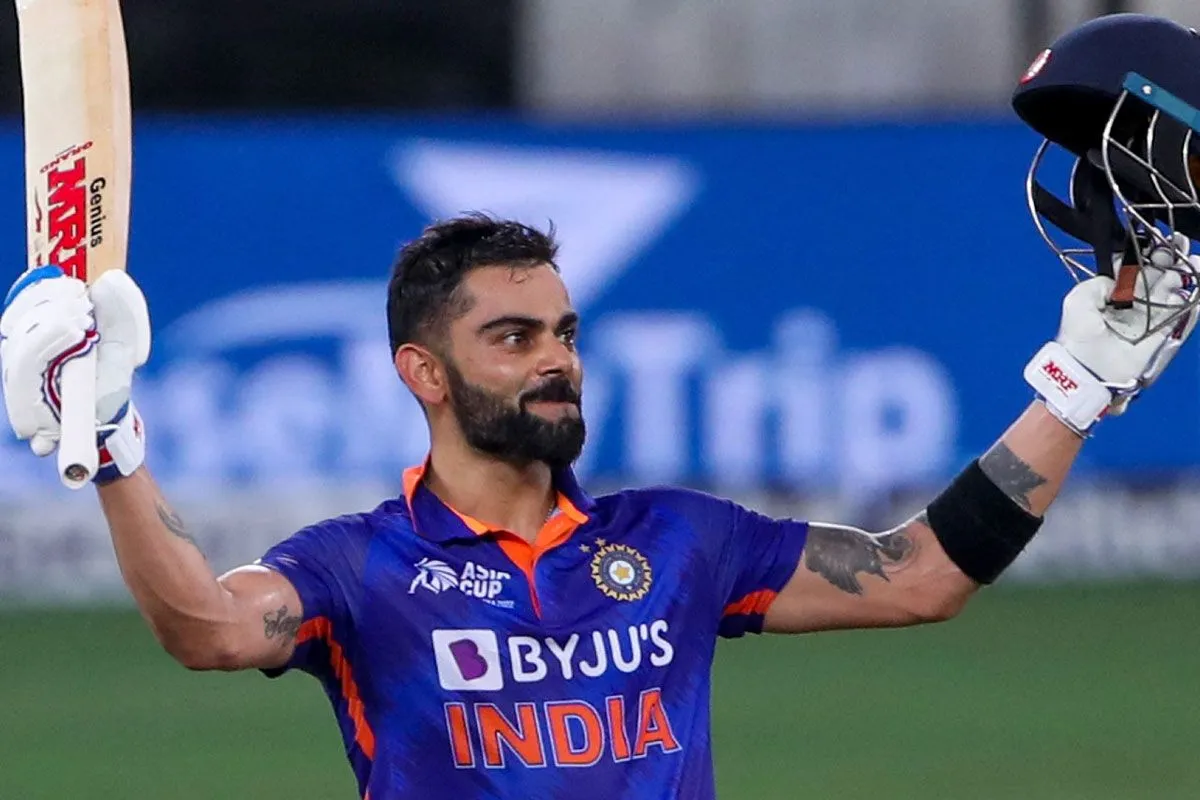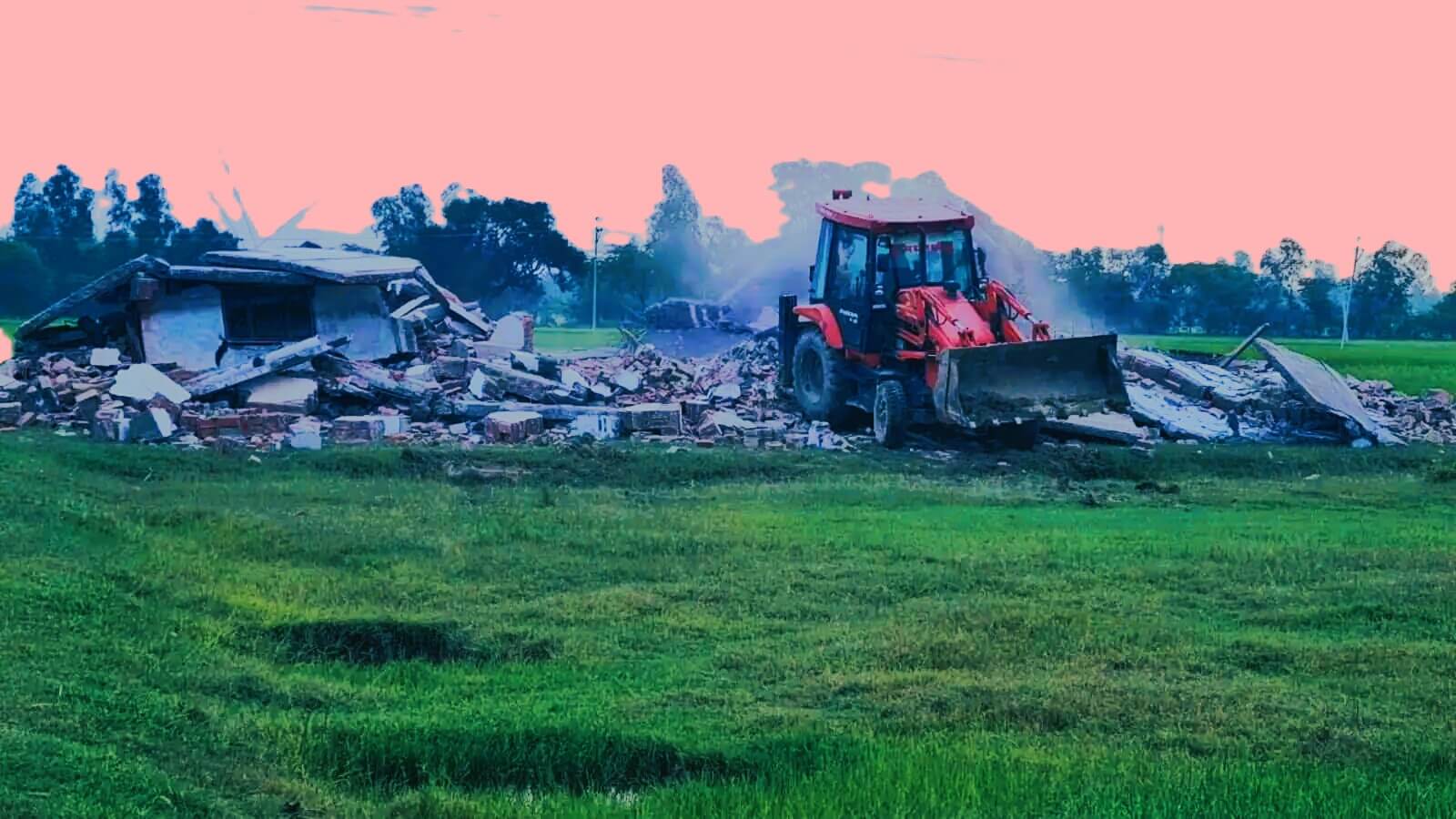Jadeja Family, In the realm of sports, the spotlight often shines brightest on the field, illuminating the heroic exploits and triumphs of athletes. However, for Indian cricketer Ravindra Jadeja and his wife Rivaba, the glare of public scrutiny has pierced through their personal lives, exposing a narrative of familial discord and strained relationships.
The saga unfolded when Jadeja’s father, in a viral interview, made startling allegations about the couple’s marital struggles. He spoke of a lack of communication, interference from in-laws, and resentment towards Rivaba, casting a shadow over the seemingly idyllic life of the cricket star. These revelations triggered a wave of strong reactions, catapulting the private affairs of the couple into the public domain.
In response, Jadeja vehemently denied the accusations, labeling them as “meaningless and false.” His swift dismissal aimed to quell the growing speculation, asserting the solidity of his relationship with Rivaba. Meanwhile, Rivaba opted for silence, refusing to engage in the public discourse and instead focusing on the event’s purpose. Their divergent reactions underscored contrasting approaches to navigating the turbulence thrust upon them.
The emotional outpouring from Jadeja’s father painted a poignant picture of familial strife, lamenting the breakdown of communication and expressing remorse over supporting Jadeja’s cricketing aspirations. He pointed fingers at Rivaba, attributing her alleged actions to the growing chasm within the family. However, the one-sided nature of his narrative leaves room for skepticism, raising questions about its veracity and underlying motivations.
Amidst the swirling conjecture, one crucial element remains conspicuously absent – Rivaba’s full perspective. Her silence speaks volumes, perhaps echoing the sentiment that some battles are best fought in private. Without her voice, and without the opportunity for reconciliation, the truth remains elusive, obscured by layers of public speculation and familial intricacies.
At its core, this saga serves as a sobering reminder of the complexities that underlie seemingly picture-perfect lives. Behind the glitz and glamour of sports stardom lies a tapestry of human emotions, vulnerabilities, and conflicts. While the public may crave sensational narratives, it is imperative to tread cautiously, recognizing the deeply personal nature of such matters.
As the public gaze lingers on Jadeja and Rivaba’s ordeal, it is essential to exercise empathy and restraint. Public scrutiny, fueled by curiosity and conjecture, has the potential to exacerbate rather than alleviate the pain of those involved. Healing within the family requires space, understanding, and a willingness to confront the demons that threaten to tear them apart.
In the end, amidst the cacophony of voices clamoring for attention, the voices that truly matter are those of Jadeja, Rivaba, and their loved ones. Their journey towards resolution may be fraught with obstacles, but it is a journey that must be undertaken with dignity, respect, and above all, love. For only through empathy and understanding can the fractured bonds of family be mended, allowing Jadeja and Rivaba to emerge stronger, both on and off the field.
In the wake of this public ordeal, it’s important to acknowledge the broader societal implications. The spotlight on Jadeja and Rivaba’s personal struggles underscores the intense scrutiny and pressure faced by public figures, whose private lives are often dissected in the public sphere. This serves as a reminder of the need for compassion and empathy, recognizing that behind the façade of fame lie individuals grappling with their own challenges and vulnerabilities.
Furthermore, the narrative surrounding Jadeja and Rivaba’s relationship highlights deeper cultural dynamics at play. In Indian society, the institution of marriage is often intertwined with familial expectations and societal norms, placing additional strain on couples navigating personal conflicts. The public airing of their grievances reflects larger conversations around marriage, communication, and the evolving dynamics of familial relationships in modern India.
As discussions unfold and opinions are shared, it’s crucial to approach the situation with sensitivity and nuance. Speculation and judgment only serve to further entrench divisions and deepen wounds. Instead, let us extend our support to Jadeja, Rivaba, and their families as they navigate this challenging chapter, respecting their privacy and allowing them the space to find resolution on their own terms.

